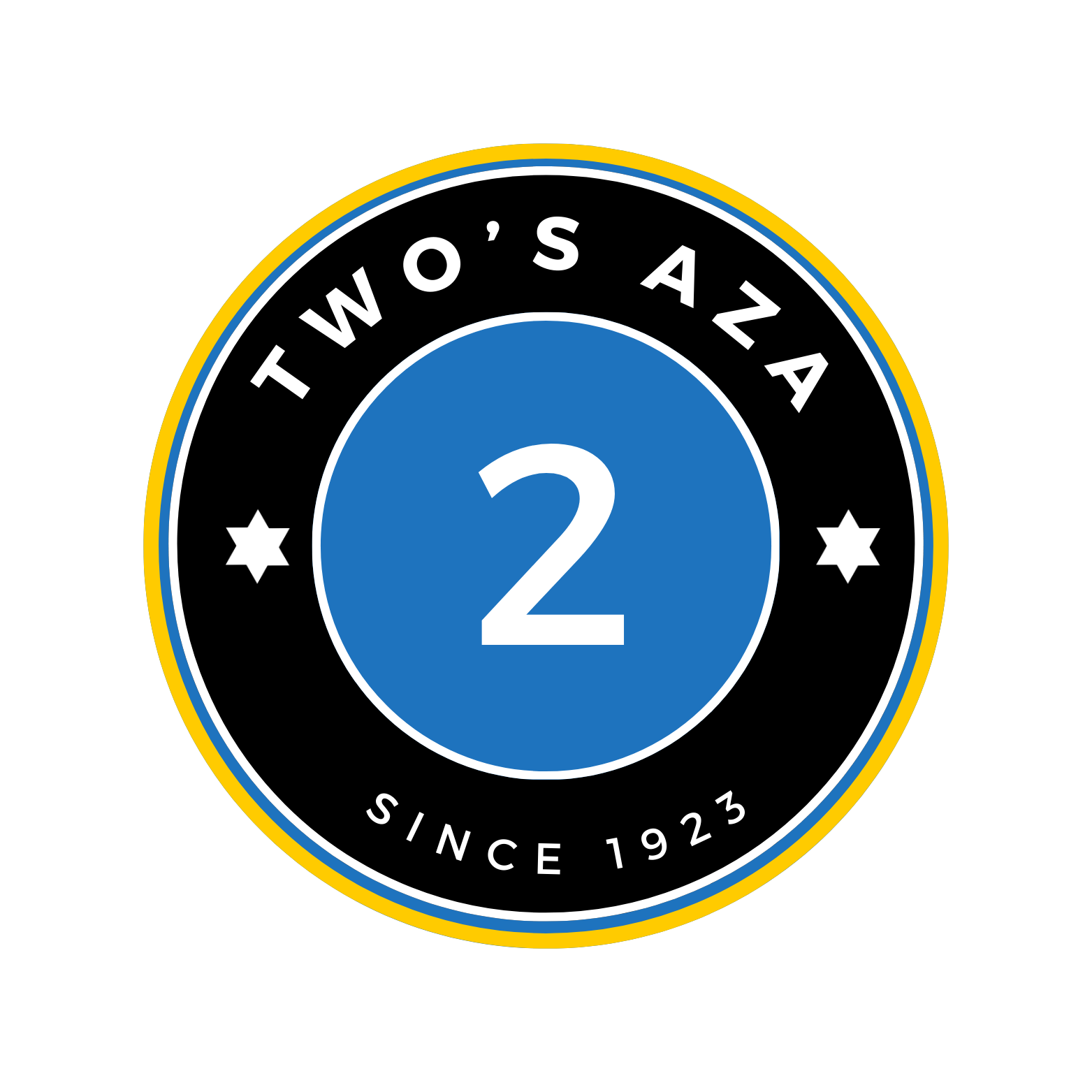
(This article by Dr. Isaac Rabinowitz first appeared in The Jewish News of Northern California, April 19, 1940. Rabinowitz is an alumnus of Two’s AZA, initiated on Jan. 18, 1925)
By Isaac Rabinowiz
Sunday Schools and Talmud Torahs are practically the only extensively organized facilities for Jewish education; but since they are concerned with childhood and early adolescence, a great void must be filled for Jews on college campuses, numbering about 100,000. The B’nai B’rith Hillel Foundations have made a start in this direction.
As everyone knows, the problem of Jewish education generally has not yet been successfully solved here in the United States. Knotty as it may be in the age-levels of childhood and early adolescence, efforts to solve it have nevertheless been launched. There are Sunday schools, bureaus of Jewish education, and a large number of other such institutions. Virtually no organized approach to Jewish education on the college level, however, is as yet in existence. Here and there, to be sure, sporadic efforts may be seen: colleges of Jewish studies, extension courses, a few public courses in various rabbinical seminaries, and one parochial college. A real solution to the problem would be to establish departments of Jewish civilization in the universities and colleges where the bulk of our 100,000 Jewish students is centered. Very few universities now maintain chairs in Jewish literature, history, philosophy, etc. Those at Columbia and Harvard are primarily intended for the training of specialists; this is also the case with the Dropsie College in Philadelphia. In short, Jewish education beyond the Sunday school or Talmud Torah is, for the most part, as yet confined to the efforts which individuals are willing to exert on their own behalf. The B’nai B’rith Hillel Foundations furnish the single bright exception to the rule that instrumentalities of higher Jewish education do not exist even potentially in the United States. Not many foundations, however, are in position to afford Jewish instruction comparable with that offered in other departments of the universities on whose campuses they exist. If, like the Illinois Foundation, every other Hillel unit were able to establish credit-yielding courses, the situation would be enormously improved. Considerations such as these prompted the Michigan Foundation to bring into being the Honors Course in Judaism as an adjunct to our regular system of classes, lectures, and seminars. To be sure, it is at best a temporary expedient; it is a very modest beginning at an herculean task. What it amounts to is an organization of individual student motivation toward higher Jewish education, a mobilization of individual efforts at self-education. The technique was at hand in the experience of the great universities, Oxford and Cambridge, as well as in the modifications of this experience which have been evolved in various American universities and colleges. This is the so-called Oxford plan of higher education; its American counterpart is the Honors Course in various branches of science and arts. For the student, it means simply that he reads in the field of his interest under the guidance of an experienced tutor. Hence, our Honors Course in Judaism consists of Jewish students reading in the Jewish field in organized fashion, just as some now read for honors in English, economics history, etc. Just as honors students in the various university departments are guided in their reading by advisors or tutors, so the Foundation now offers tutorial guidance to selected students in their reading in the Jewish field. Characteristic of Honors Courses are conferences with the advisors from time to time, preparation of papers, etc. We now undertake such activities with each student who is enrolled in the Honors Course. To be sure, the enrollment must be limited for there are not sufficient tutors available, and the time of the Foundation Director is severely limited. But for such students as are admitted, the Honors Course becomes a valuable experience. Such a student is enabled to complement his general education and the Foundation’s survey-courses by a broad and intensive Jewish training during his years of study at the University of Michigan. The burden of cultural duality sits the more easily on such students in that it is less lop-sided. Basic to the Honors Course is the reading-list. Although the whole burden of the historic and cultural experience of the Jewish people has by no means as yet been translated into English; while many of the great works of our literature are as yet sealed to students who do not know the original languages; a large and rapidly growing literature on Judaism and the Jew already exists in English. A carefully selected bibliography of such books has been prepared here at the Foundation and has been divided into nine main groupings: 1. History; 2. Religion; 3. Philosophy; 4. Social Sciences; 5. Jewish Scholarship ; 6. Sources; 7. Arts and Letters; 8. Anthropology and Travel ; 9. Palestine and Zionism. Each grouping is further divided into readings suitable for freshmen and sophomores and those suitable for juniors and seniors. The number of books read in a given semester depends upon the time available to a student for this purpose. The time element, indeed, is one of the factors in selecting a student for admission to the Honors Course. Selection of the books to be read is based upon evaluation of the student’s previous Jewish education and his specific interests. For graduates of Hebrew high schools and Talmud Torahs, special honors curricula have been set up to enable them to proceed in their Hebrew studies. Students wishing to prepare for religious-school teaching in their own communities are enabled to do so through adaption of the honors curriculum to this purpose. Such students, upon satisfactory completion of their work, are given letters of certification for teaching by the Foundation. The cultural hegemony of the Jewish world is passing to Palestine and the United States, even as once it passed in turn to Babylon, Spain, Poland and Germany. One of the chief problems facing the Jewish population of the United States is that of securing a native-born, native-trained leadership. This cannot be accomplished unless Jewish values are cultivated and esteemed as assiduously as are the values of the Anglo-American tradition in which all Americans are schooled.
It no longer suffices for a Jew to be wealthy in order to assure his position of leadership in the Jewish community. The Torah and the crown it confers are not to be acquired through birth or inheritance, but through the merit of diligent and loving labor. American Jewry requires as leaders men and women whose vision encompasses a rich consciousness of the experiences and values implicit in the Jewish past, a more than cursory acquaintance with the facts and the problems of the Jewish present, and a genuine faith in, and sympathy with, Jewish aspiration for the future.



